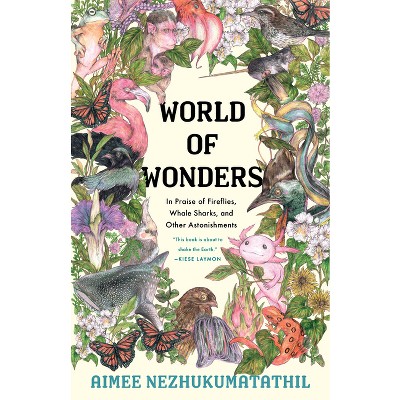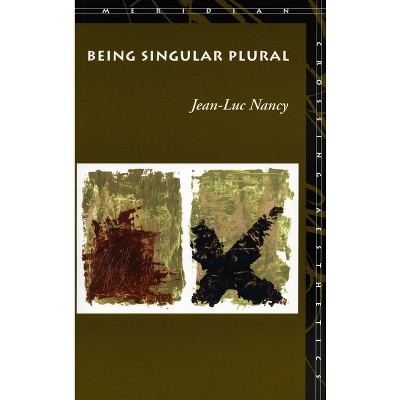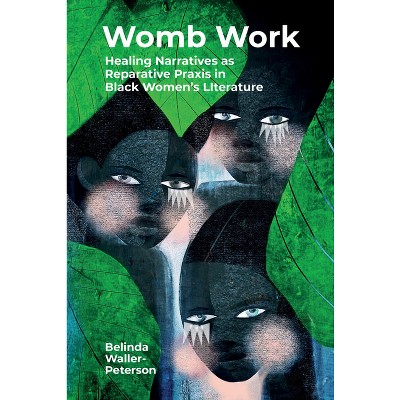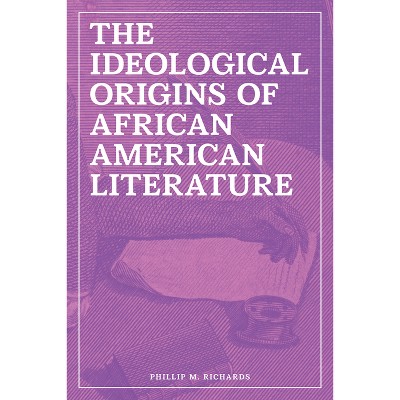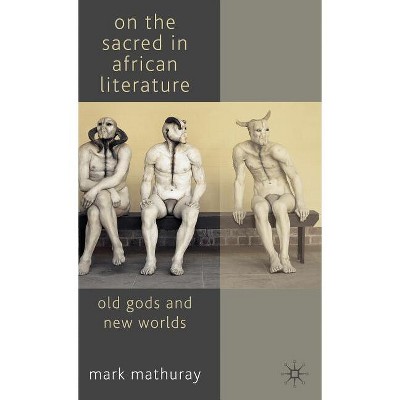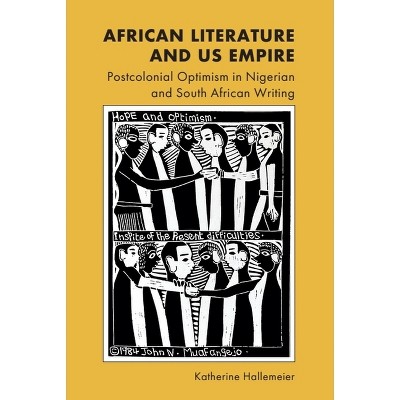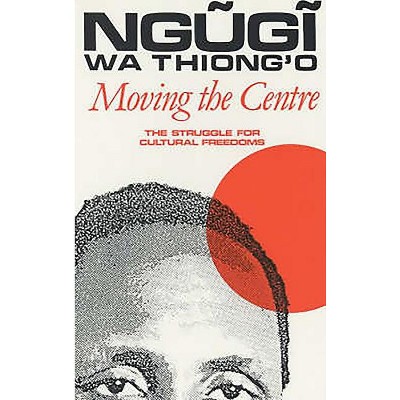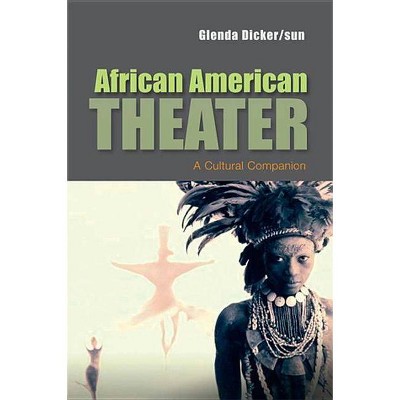Sponsored

African American Literature of the Twenty-First Century and the Black Arts - by Stephen Casmier (Paperback)
In Stock
Sponsored
About this item
Highlights
- The six novels that John Edgar Wideman wrote from 1987 to 2017 enable reassessment of the quarantining of the Black Arts movement by African American literary history.
- About the Author: Stephen Casmier is associate professor in the department of English at Saint Louis University.
- 230 Pages
- Literary Criticism, American
Description
About the Book
The six novels that John Edgar Wideman wrote from 1987 to 2017 enable reassessment of the quarantining of the Black Arts movement by African American literary history. These works transform the novel into a charm or functional tool of the black arts, taking writing beyond the ...Book Synopsis
The six novels that John Edgar Wideman wrote from 1987 to 2017 enable reassessment of the quarantining of the Black Arts movement by African American literary history. These works transform the novel into a charm or functional tool of the black arts, taking writing beyond the act of written representation.
Review Quotes
In the preface to this work Casmier provides a rich review of the scholarly/critical works about John Edgar Wideman (b. 1941). He asserts that critics find a paradox in the scholarship--"the aporia induced by a writer who imbeds autobiographical details in his works but also broadcasts 'telling stories' and 'lies' in deference to the Igbo proverb that he endlessly references" ("No story is not true," from Chinua Achebe's Things Fall Part). Ever present in Wideman's works is the figure of his brother, a convicted murderer, who not only complicates the works but also helps locate them in the Black Arts tradition. Casmier explores six of Wideman's novels, calling them the functional works of the discredited Black Arts Movement--works that demand a critical approach that responds to them as things in and of themselves. Like most critics, Casmier is interested in improving the accessibility of Wideman's works and increasing his audience. The book is as much about Wideman's craft as it is about the tradition out of which Wideman writes and the urgent messages he deftly embeds in his works. This book can be viewed as an attempt to rescue Wideman from European discourse. A 2019 interview with Wideman is a brilliant supplement to the work. Highly recommended. Graduate students, researchers, faculty.
About the Author
Stephen Casmier is associate professor in the department of English at Saint Louis University.Shipping details
Return details
Frequently bought together

